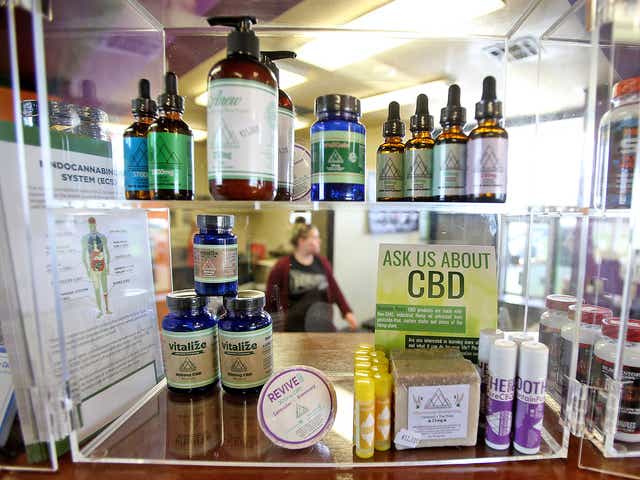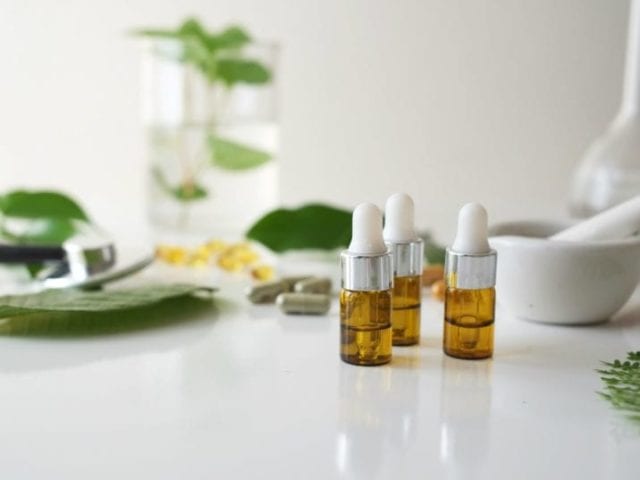Anxiety is a common mental health condition that affects millions of people worldwide. The traditional treatment options for anxiety include therapy, medication, and lifestyle changes, but more and more people are turning to CBD as a natural alternative. CBD, also known as cannabidiol, is a non-psychoactive compound found in the CBD plant that has been found to have a variety of potential therapeutic properties, including anxiolytic (anxiety-reducing) effects.
The exact way in which CBD works to relieve anxiety is not fully understood yet, but scientists have been exploring the underlying mechanisms that may be involved. It is thought that CBD interacts with the body’s endocannabinoid system (ECS), which is responsible for regulating a wide range of physiological processes including mood, appetite, and anxiety. The ECS consists of two receptors, CB1 and CB2, and endocannabinoids, which are naturally produced molecules that bind to these receptors. CBD is thought to interact with these receptors and modulate the levels of neurotransmitters such as serotonin, which can play a role in regulating mood and anxiety.
One of the key benefits of using CBD for anxiety is that it may be a safer and more well-tolerated alternative to traditional anxiety medications. Many of these medications, such as benzodiazepines, can be addictive and may cause a variety of side effects, including drowsiness, dizziness, and decreased cognitive function. CBD, on the other hand, is generally considered to be well-tolerated, with few reported side effects. Some people may experience mild side effects such as dry mouth, drowsiness, or changes in appetite, but these are generally considered to be mild and temporary.

Several studies have been conducted to explore the potential of CBD to treat anxiety disorders, and the results have been promising. A 2010 study published in the Journal of Psychopharmacology found that CBD was able to reduce the symptoms of social anxiety disorder in patients. A 2011 study, also published in the Journal of Psychopharmacology, found that CBD was able to reduce anxiety in patients with a simulated public speaking test. A 2018 study published in the Permanente Journal found that CBD was effective in reducing symptoms of anxiety in patients with moderate to severe anxiety disorder.
It’s also important to note that while CBD may be effective in treating anxiety, it is not a substitute for professional medical treatment. It’s always recommended to consult a doctor or a professional before taking any new vitamin or medication.
In addition, CBD is not yet fully regulated by the FDA, so it’s important to be aware of any legal considerations when purchasing and using it. It’s recommended to only purchase from reputable manufacturers that provide third-party lab testing results, to ensure the purity and potency of the product. Read about the top cbd for anxiety by going to this link.
In conclusion, CBD has shown great potential to be a valuable alternative treatment option for anxiety disorder. Although more research is needed to fully understand the underlying mechanisms and long-term safety and efficacy, the studies conducted so far have been promising. Always consult a healthcare professional before adding any supplement or medication, and ensure you are aware of any legal considerations. CBD has shown great promise, and it’s an option that should be considered by anyone looking for a natural alternative to traditional anxiety treatment options.




